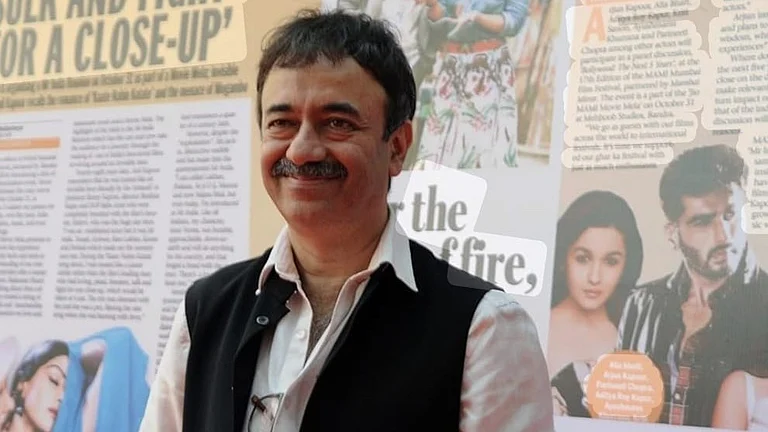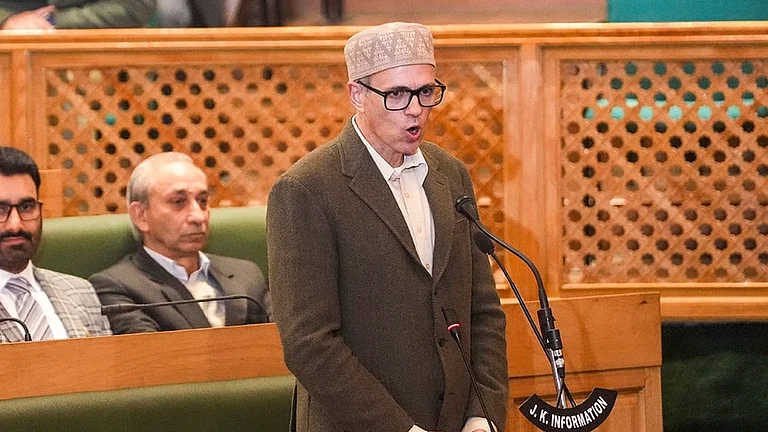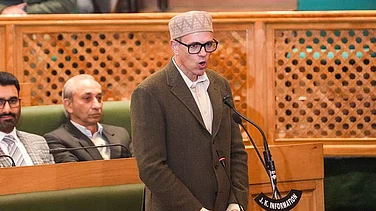A Delhi-based student, whose grade in 10th was B1 and never scored more than 70 per cent in his school test, paid 90$ to fill out an application form to get admission to one of the world’s prestigious Univesity of California, Los Angeles.
“I relied on my luck rather than my academic achievements. I just had to pay only 90 $ as an application fee which was not a big amount for taking a chance in a college like UCLA,” he said not wanting to disclose his name.
Many such candidates, who wouldn't have any distant possibility to bag admission to UCLA, applied for various courses in the academic session of 2021-22. This has led to an exponential increase in the number of total applications.
UCLA received nearly 1.5 lakh applications for the various courses which are several times more than the usual number every year.
It was a similar scenario in all the world’s top colleges such as Harvard, Stanford, Colombia etc which have also received a record number of applications for admission to Undergraduate, Post-graduate and PhDs courses in the academic year 2021-22.
Take Harvard University for instance which received 61,220 applications from all over the world. This number multiplied many folds than the usual number of applicants every year. However, the total number of admitted students was 1954. Stanford University too received 58,471 applications out of which it admitted only 2190 candidates.
Cornell too witnessed 67,380 total applications which were unusually high as compared to their regular numbers every year. It admitted only 5836 students. Counsellors say that a majority of these applicants are Indian students who filled out forms in almost all top colleges hoping for a surprise.
The unusual surge in the numbers of applications caught these colleges off guard as they struggled to screen all of them and find out the differentiating factor among several almost equally meritorious candidates.
The fallout of waving off standardised tests
Education counsellors say that since the advent of the Covid-19 pandemic, the colleges have made the application process slightly flexible. Standardised tests such as SAT and GRE have been made optional which has led to many people applying without the right strategy.
“With the standardised test requirements being flexible, one of the most important points to be noted has been the random admits that many universities have rolled out,” Adarsh Khandelwal, Co-founder of Collegify, an admissions counselling firm, said.
“This year, we have witnessed some of the brilliant and extraordinary students getting rejected from prime institutions that once housed students of this like mind. This has predominantly been because of lack of staff and resources to assess the surged number of applications,” Khandelwal, who is also an esteemed member of the Forbes Business Council, added.
Tim Urbonya, Executive Director of International Education at Truman State University agrees with Khandelwal as he says that the last two years have spoiled the students in a way where a lot of universities have gone ahead and waved off GMAT, GRE, SATs and everything.
“We always have a phobia of exams. So students are looking at the opportunity where the university waves off exams. During and post-pandemic, many Universities are competing with each other in a way that reduces the list of documents for entrance and attracts more and more students. This has certainly helped increase the number of applications,” Urbonya said.
Another reason, according to him, is that there has been pent up demand coming out of the COVID lockdowns and so forth where students are wanting to go abroad and finally study again.
“We have seen applications rise from many countries including India, Africa, Nepal, and Bangladesh. But Visa interviews in India are really behind as they are in other countries,” Urbonya said.
He added, “I think, by spring 2023 or fall 2023, everything is going to stabilise because universities will also realise that they cannot have free applications coming in, based on the 10th, 11th, and 12th results along with the English exam.”
Many experts advise that one way to control this would be to bring back a mandatory entrance requirement as at the moment standardised tests like SAT, GMAT and GRE will be brought in.
“I firmly believe that once standardised tests become mandatory like earlier everything will stabilise and we will come back to some level of normalcy when it comes to application. In my opinion, that's going to help in normalising the application boom that we are having now,” Piyush Kumar, regional director (South Asia), IDP Education, said.
According to some counsellors, moreover, the demand for STEM skills has been on a rise since 2017, particularly with the advancements in the tech space that have been happening. This has also led to various people considering upskilling and migrating to where the demand is high (particularly the USA and Canada).
What to do if standardised tests remain optional?
With a lot of meritorious candidates getting rejected due to the barrage of applications, education experts say that in case standardised tests are not being made mandatory for the coming academic session of 2022-23, candidates need to strategize well and focus on delving deep into the research for the right fit college and have a focused discussion with various alums and tapping on the diversity element.
“I have always advised candidates to invest their money in the right place. An application fee for one college ranges between 75$-150$ or maybe more. For you, as an individual, it might not account for too much money, but overall with the acceptance ratio to the number of applications, this is prime revenue for a university,” Khandelwal said.
“With the increase in competition, you must also get in the race to win and get the desired colleges. And there is a strategy that can be devised, be focused and get the right guidance for your strategy!” he adds


























